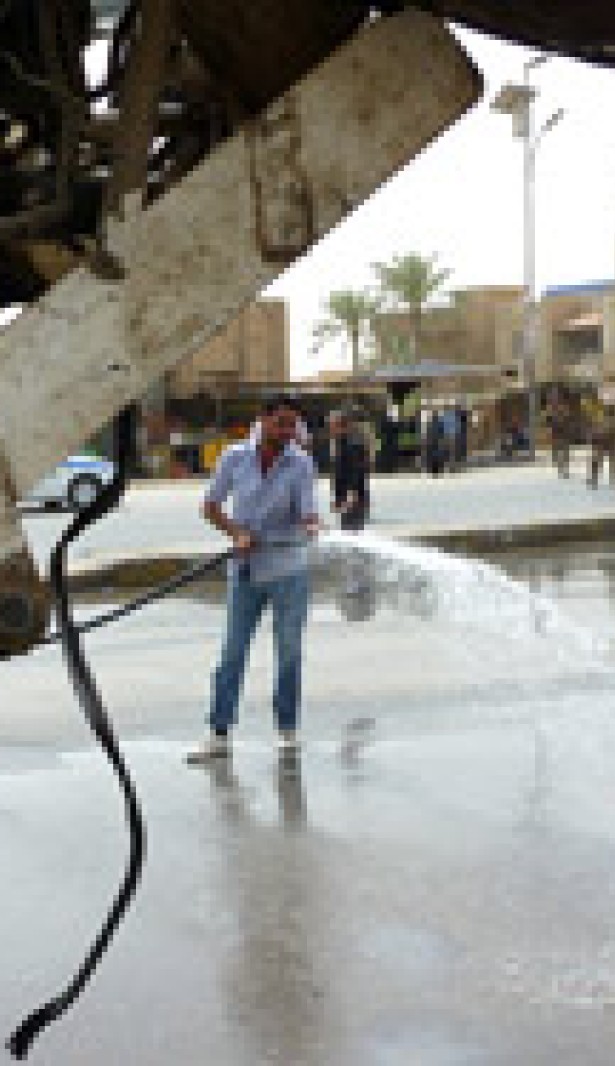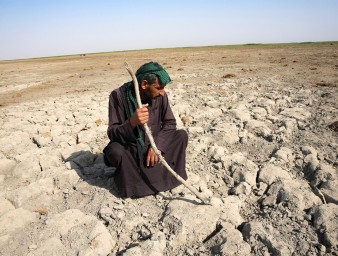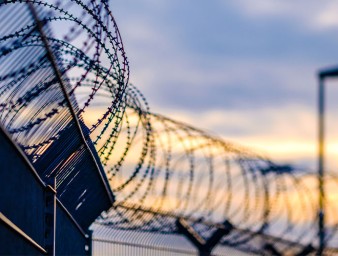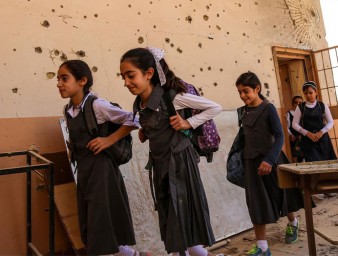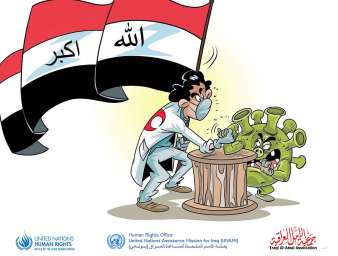Respect and protect human rights in Iraq
30 May 2012
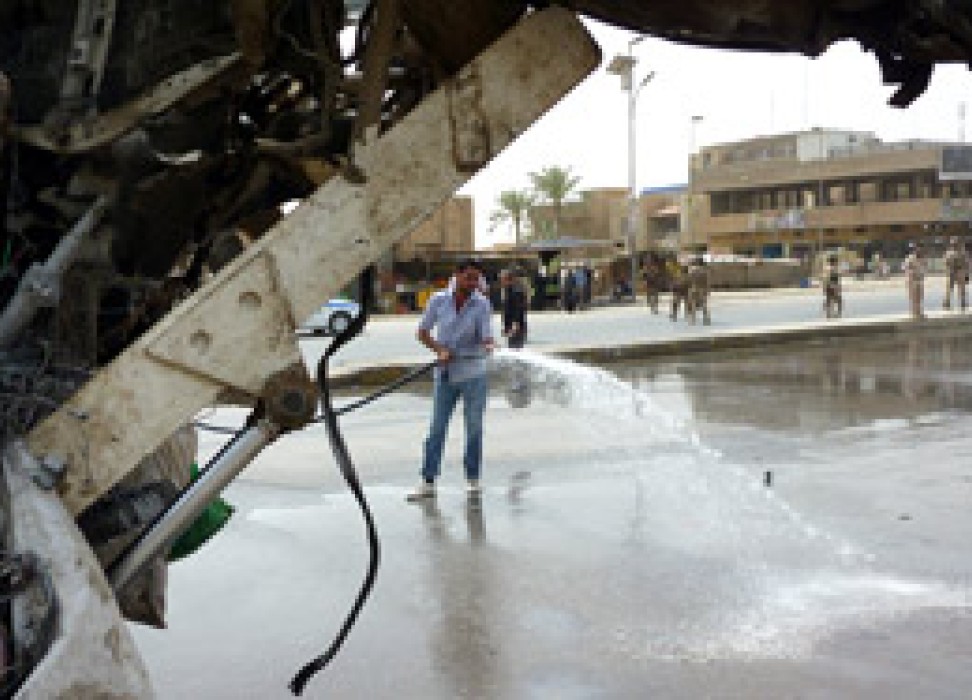
A report by the UN Assistance Mission in Iraq (UNAMI) and the UN Human Rights Office reveals that the human rights situation in Iraq remains fragile as the country continues to transition from years of dictatorship, conflict and violence, to peace and democracy.
“Steps have been taken to improve the human rights record of Iraq, including the establishment of the much needed Independent Human Rights Commission on 9 April 2012, but a lot more needs to be done,” said the Special Representative of the UN Secretary-General for Iraq, Martin Kobler. “Human rights, including social and economic rights, not only need to be enforced, respected and protected for Iraqis everywhere in Iraq; they need to be seen to be respected, protected and enforced.”
The report indicates that the country has the highest number of conflict-related civilian casualties per capita. UNAMI records show that at least 2771 civilians were killed in 2011 while 7961 were reportedly injured.
Violence against women and girls - including so called ‘honour killings’, trafficking and domestic violence - remains a serious concern, as the Government has made no attempt to repeal sections of the Iraqi Criminal Code which permits honour as a mitigating factor in relation to crimes of violence against women. The Minister of State for Women’s Affairs, Ibtihal Al-Zaidi, indicated that one in five women in Iraq is subjected to either physical or psychological abuse.
The justice system, particularly in relation to prisons, has been problematic for years and the rule of law in Iraq remains weak. UNAMI Human Rights Office has not visited prisons and detention facilities in Baghdad since December 2010. The country’s Criminal Code retains the death penalty for 48 crimes and, according to the Ministry of Human Rights, 67 people were executed in 2011.
“The report highlights serious concerns about the administration of justice and the lack of respect for due process rights in Iraq,” said UN Human Rights Chief, Navi Pillay. “Detainees continue to be arrested and detained for prolonged periods without being charged and without access to lawyers. Prisoner and detainee abuse and torture are also occurring across the country. I urge the Iraqi authorities to prioritise the firm establishment of the rule of law and human rights in Iraq and bring an end to such abuses.”
Widespread poverty, high unemployment, economic stagnation, environmental degradation, and lack of basic services are still affecting large segments of the population.
“Demands for greater opportunities and an improvement in the delivery of essential services fuelled demonstrations in various cities throughout Iraq. While many demonstrations were held peacefully, there are concerns that the Iraqi security forces responded in a heavy-handed, and at times disproportionate, manner in using force against protestors,” the report states.
UNAMI notes that at least 33 people were killed and 277 injured during demonstrations in Iraq last year. Media outlets were barred from covering the protests and were on occasion subjected to intimidation, violently taken off the air or closed down.
An important development was the adoption of a National Action Plan on Human Rights which addresses the recommendations of the Universal Periodic Review of the Human Rights Council done in Geneva in February 2010. The Plan forms a programme of legislative, institutional and policy reforms aimed at addressing gaps in the respect and protection of human rights in Iraq.
The overall human rights situation in Kurdistan Region, which experienced low levels of insurgent violence, continued to improve in 2011 compared with the rest of the country. Although challenges remain, specifically in terms of freedom of expression and assembly and of treatment of terror suspects, the Kurdistan Regional Government (KRG) made significant legislative reforms. The KRG also embarked on drafting a regional action plan on human rights to devise a programme of legal, institutional and policy reforms to address gaps in human rights protection.
30 May 2012
